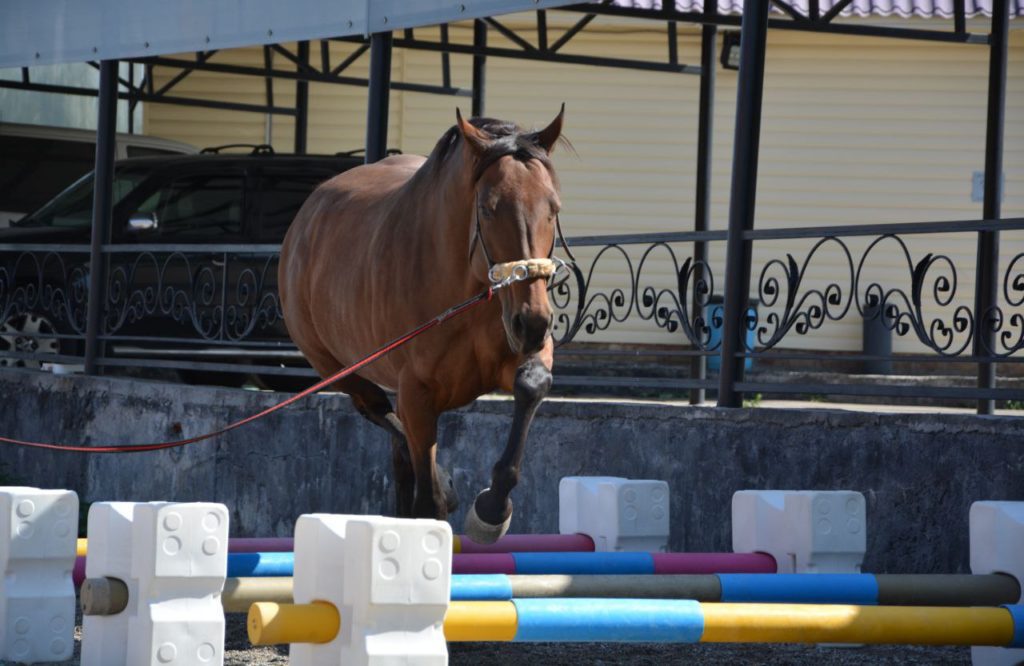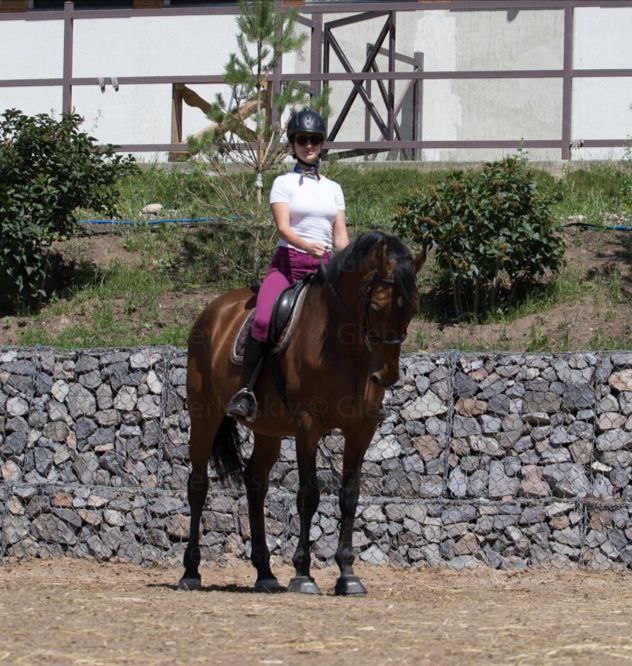1. Provide a natural and balanced diet:
Feed your horse a diet consisting primarily of high-quality forage, such as grass or hay, and supplement with appropriate amounts of grains and minerals as needed. Avoid overfeeding or relying solely on processed feeds.
2. Promote regular exercise:
Allow your horse ample opportunity for movement and exercise, both through turnout in a pasture or paddock and regular riding or ground work. Exercise helps maintain their physical and mental well-being.

Exercise helps maintain their physical and mental well-being.
3. Create a safe and stress-free environment:
Ensure your horse has access to a well-maintained and clean living environment with adequate shelter, clean water, and space to roam. Minimize exposure to stressful situations or excessive noise.

Ensure your horse has access to a well-maintained and clean living environment with adequate shelter, clean water, and space to roam
4. Foster social interaction:
Horses are social animals and thrive on companionship. Whenever possible, provide them with opportunities to interact with other horses, either through shared pastures or structured turnout rotations.
5. Practice natural hoof care:
Regular hoof care is essential for your horse’s overall health. Opt for natural trimming methods and avoid excessive shoeing, allowing the hooves to maintain their natural shape and function.

Regular hoof care is essential for your horse’s overall health
6. Emphasize preventative healthcare:
Take a proactive approach to your horse’s health by scheduling routine veterinary check-ups, vaccinations, and dental care. Incorporate natural remedies, when appropriate, to support their immune system and prevent health issues.
7. Use natural horsemanship techniques:
Employ gentle and respectful training methods that prioritize clear communication and positive reinforcement. Focus on building a trusting partnership with your horse based on mutual understanding and respect.
8. Consider alternative therapies:
Explore complementary therapies like acupuncture, chiropractic care, herbal remedies, or massage to support your horse’s well-being. Consult with professionals experienced in holistic veterinary medicine for guidance.
9. Prioritize mental stimulation:
Engage your horse’s mind through varied activities, such as trail riding, obstacle courses, or interactive toys. Mental stimulation is crucial for their overall happiness and can help prevent behavioral issues.

Engage your horse’s mind through varied activities, such as trail riding, obstacle courses, or interactive toys
10. Connect with your horse:
Spend quality time bonding with your horse on a regular basis. Grooming, hand grazing, or simply being present with your horse can deepen your connection and strengthen the trust between you.
Remember, holistic horsekeeping involves a comprehensive and individualized approach that considers your horse’s physical, mental, and emotional well-being. Consulting with knowledgeable professionals and continually educating yourself will further enhance your ability to provide optimal care.


